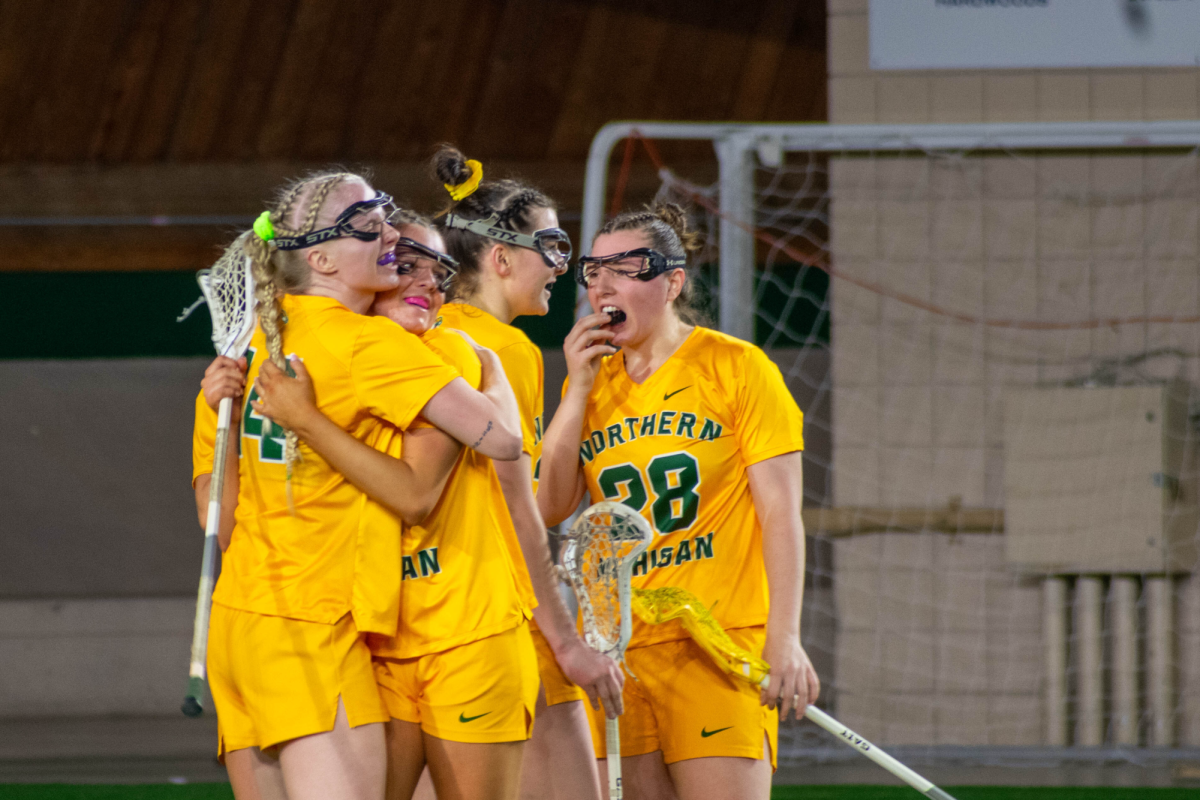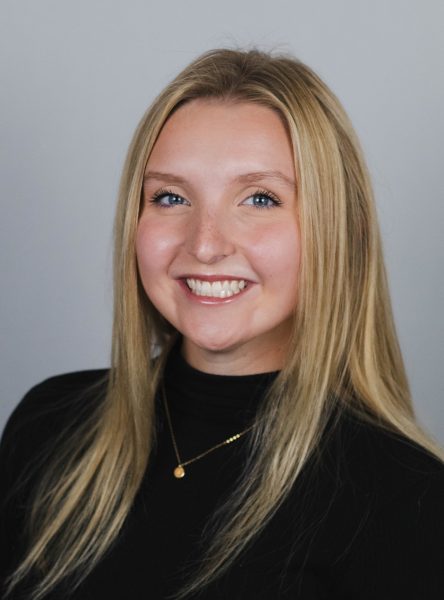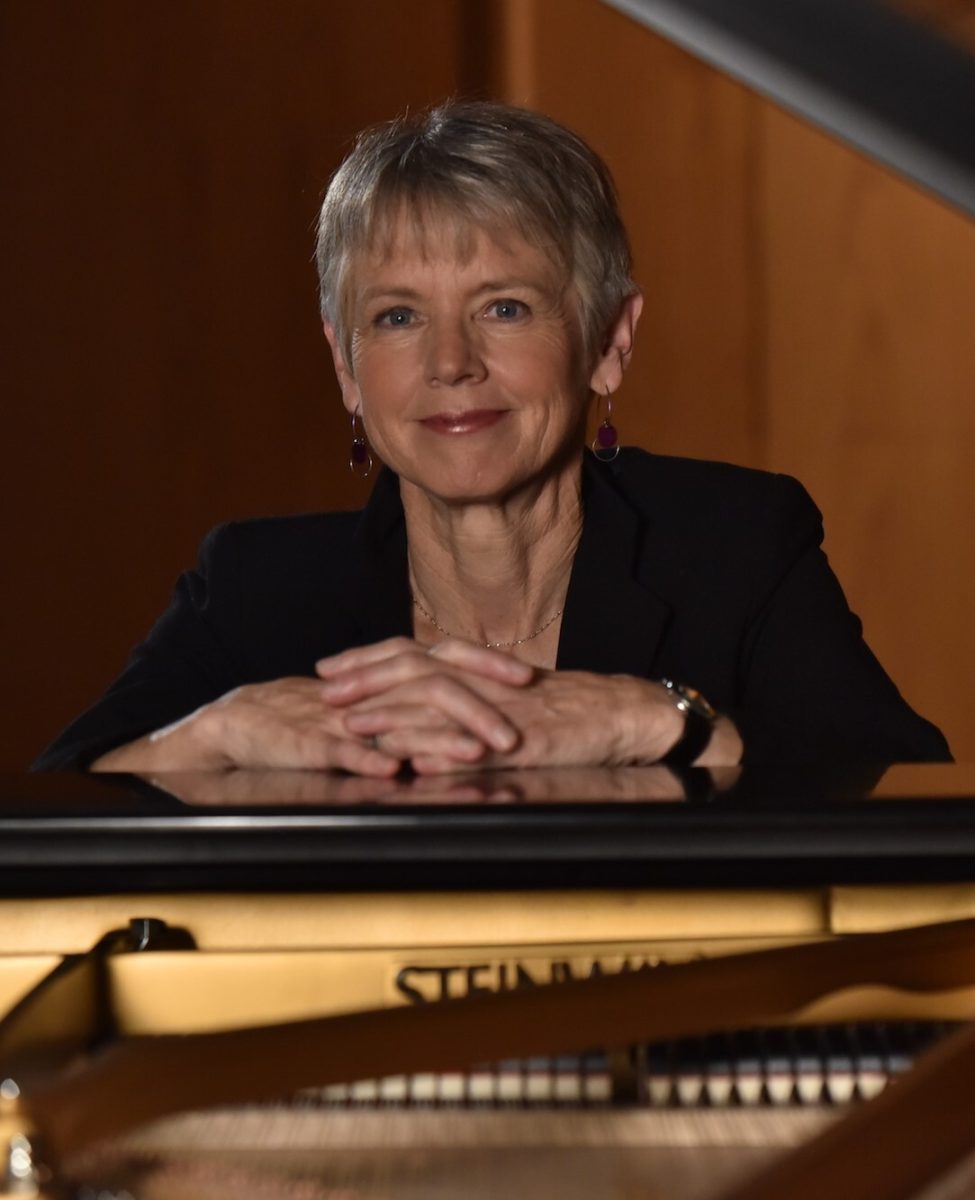For people finding themselves passionate about sustainability and the environmental impact of climate change, Marquette has organizations working to aid in the cause.
The Climate Adaptation Task Force (CATF) is a community organization created three years ago to help plan for climate change and its impacts on Marquette and the Upper Peninsula, according to the organization’s website.
A roughly 20-person team of local leaders, politicians and NMU professors create a broad group of Marquette volunteers who care about the environment and strive to be proactive on dealing with climate change and extreme weather, said Robert Kulisheck, chair of the task force, retired NMU professor and former mayor of Marquette.
“The intent is to have the group be a catalyst,” he said. “The group will serve as a forum to bring people together to talk—a conduit for the dissemination of information pertaining to climate change and extreme weather events and how you can plan for them.”
The group works behind the scenes to help educate people and plan for a changing future. Their first event brought a team from the National Oceanic and Atmospheric Administration who met with local government officials and educators to discuss the various ways the area should adapt to respond to climate change, Kulisheck said.
The community experiences consequences of climate change in the forms of flooding, lake shore erosion, infestations of invasive species, declining inland lake levels and the depletion of aquifers, according to the organization. CATF developed subgroups that work on specific projects, including the UP-Wide Energy Plan that is working to address the region’s energy needs and the CATF Climate Energy Education group, working to provide climate science education to K-12 students, he said.
Kulisheck said the organization encourages city leaders to pursue more sustainable energy sources and a greater use of renewables.
“Solar technology is becoming more and more sophisticated and less and less expensive,” said Kulisheck who, when teaching at NMU beginning in 1969, focused on environmental policy in the
political science department.
The group avoids ideological arguments on the causes of climate change in an attempt to remain bipartisan and instead focuses on practical ways to prepare for the future of the city.
“We want to be able to focus in on the consequences of extreme weather events and changes in patterns. To become part of this, you don’t have to say ‘what is the cause of global warming,’” he said. “We want to focus on real things that are happening and how to deal with it.”
One of the biggest successes of CATF and the most easily recognizable product of the organization is the creation of the Northern Climate Network, Kulisheck said. What began as a CATF member’s idea has evolved into a 300 member campus and community partnership aiming to improve education about climate change.
Jessica Thompson, an assistant professor of communications and performance studies who focuses on communicating scientific language about climate change to the general public, was the driving force behind the creation of the Northern Climate Network, Kulisheck said.
Thompson said the group was created in April 2016 as an “outreach arm” of the CATF organization.
“It is a community, bipartisan group that is really trying to move momentum toward living lighter on the planet,” Thompson said.
The Northern Climate Network hosts monthly seminars to a large group of concerned residents including students, faculty and community members.
“We have a really good showing of what I call the local grey hairs—retirees who have the time and energy to invest, and they’re really passionate about climate change and action,” Thompson said.
Both CATF and the Northern Climate Network aim to keep politics about science out of the conversation and instead focus on the health of the Marquette community. Thompson said the groups sidestep the question of whether climate change is happening and instead move toward “building resilience as a community.”
“When we are talking about our local ecosystems—the health of our communities—these things aren’t Republican or Democrat or liberal or conservative issues; they cross those lines.”
























